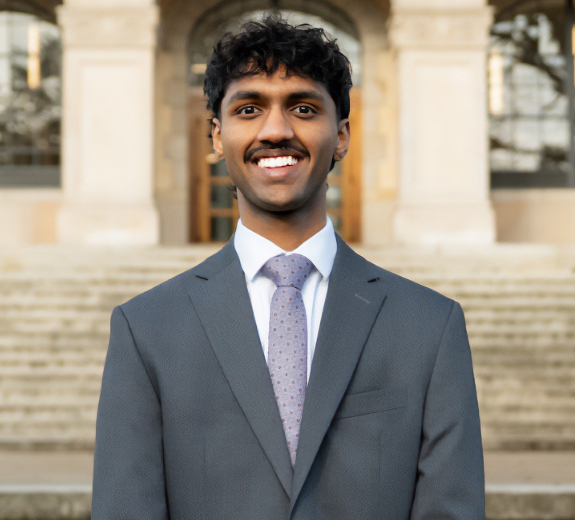
“Keep Asking the Next Question:” Lessons Rhodes Scholar Shubham Bansal Learned at BRI
Read ArticleBlog Posts focused on: Lab Linsley
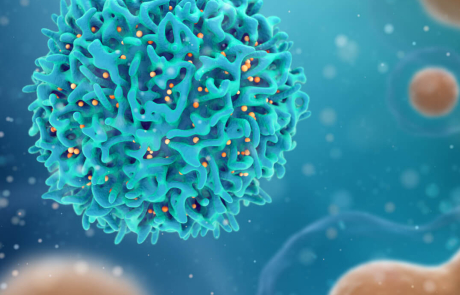
Why a New Cancer Treatment Can Lead to Autoimmunity
Why do some people taking checkpoint inhibitors for cancer develop side effects that look like autoimmunity? And could these side effects actually be a sign that the treatment is working? Peter Linsley, PhD and Ty Bottorff, PhD, intend to find out.

Immunology to Change Lives: Where We're Going in 2023
BRI was formed with a clear plan: First, answer key fundamental questions about the immune system. Then, build on those answers to change lives. This is a very exciting time because we’re reaching that second stage of the plan.

Clues into Crohn's: Exploring Why the Immune System Attacks Beneficial Bacteria
Your gut is home to a huge community of bacteria called the microbiome. Some bacteria are good, some are bad — and some might hold the key to understanding an inflammatory bowel disease (IBD) like Crohn’s disease and ulcerative colitis.

Exploring Alpha: Deep Dive into T Cells Unveils Possible Driver of T1D
A team led by Peter Linsley, PhD, and Karen Cerosaletti, PhD, recently uncovered a clue that could help solve the mystery of why and how T1D starts and maybe even open the door to new therapies that stop the disease.
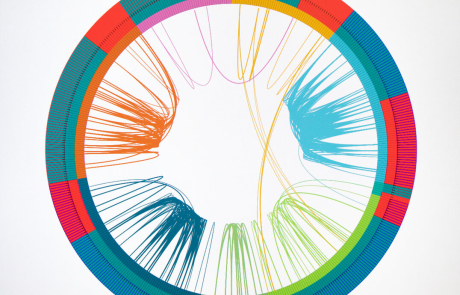
A Revolutionary Way to Study the Immune System
One goal is to find markers that identify why some people with the virus don’t have symptoms while others get fatally ill. The sickest patients tend to have multiple health issues, which makes it hard to pinpoint the factors related to COVID-19.

The Man Behind the Data: Hamid Bolouri, PhD
Dr. Bolouri joined BRI’s growing Systems Immunology Division this year. Much of his work explores why some people have one immune response to an external or internal event, while other people have a different response. He and his systems immunology colleagues examine the big picture.

Another Landmark T1D Discovery
When some people are diagnosed with type 1 diabetes (T1D), the disease progresses so quickly that their pancreas stops making insulin within a year. For others, the process is slower and this can make their T1D easier to manage. But what if we could identify these fast progressors early, and ma
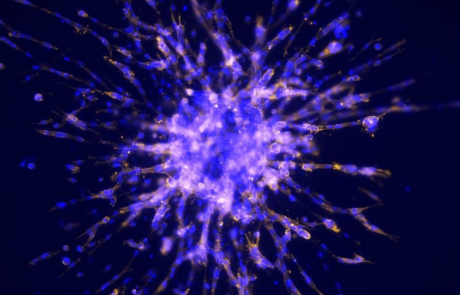
How Immunotherapy Holds Clues to Autoimmunity
Immunotherapy is one of the biggest medical breakthroughs in decades: It can cure some cancers by telling the immune system to find and kill cancer cells.
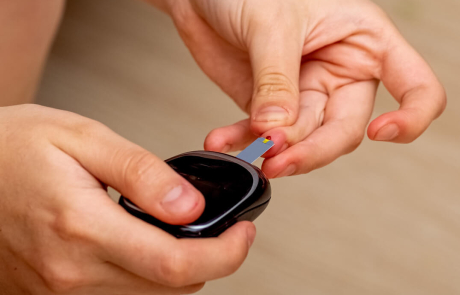
Personalizing Treatment for Type 1 Diabetes
BRI’s Matt Dufort, PhD, and Peter Linsley, PhD, led two new studies that could help doctors predict how quickly type 1 diabetes (T1D) will progress in some people, and match them with treatments that could slow it down. Dr.

Big Data Fuels Autoimmune Disease Discoveries
When gene sequencing suddenly became affordable, researchers were confronted with an enormous opportunity – and an enormous problem.


